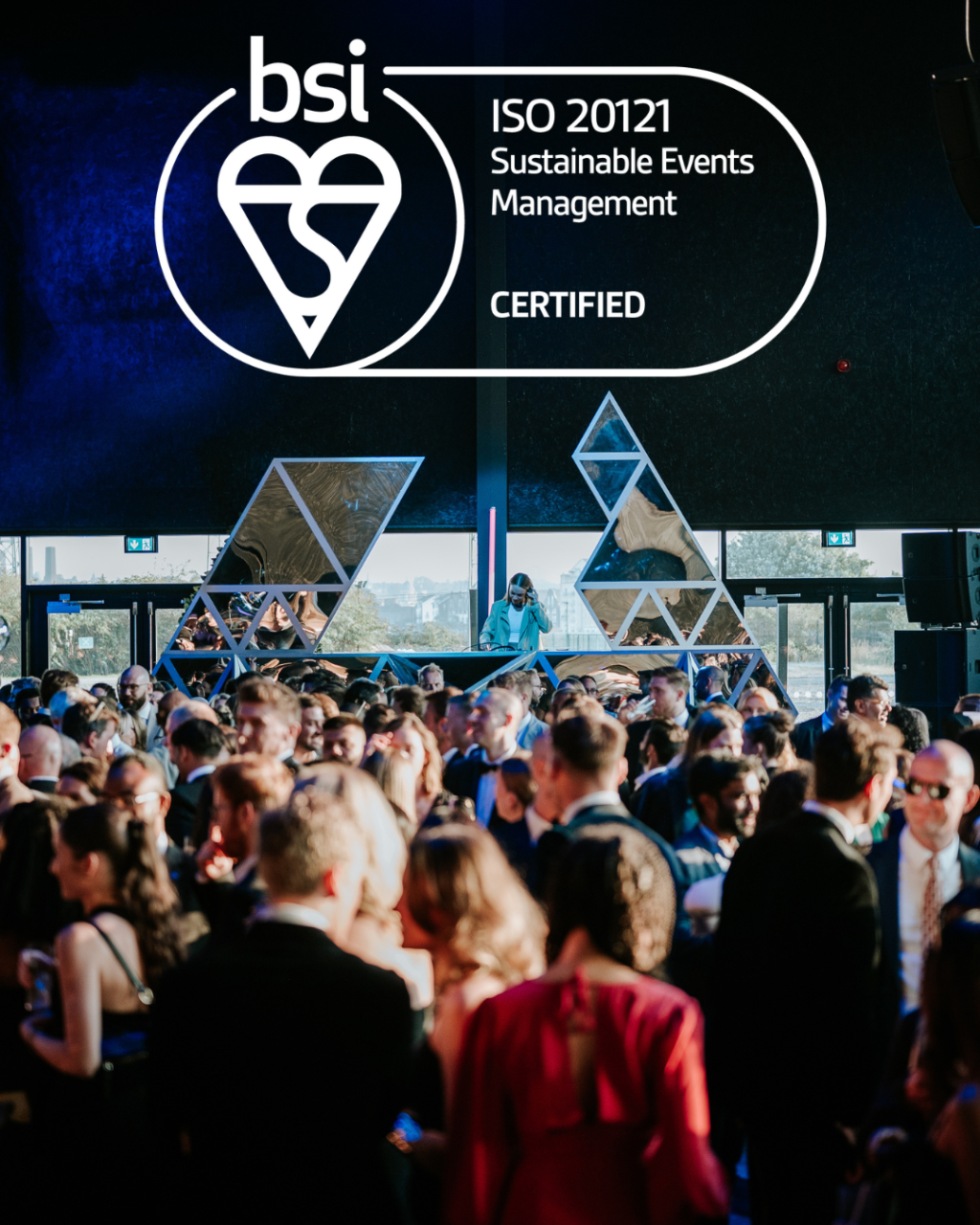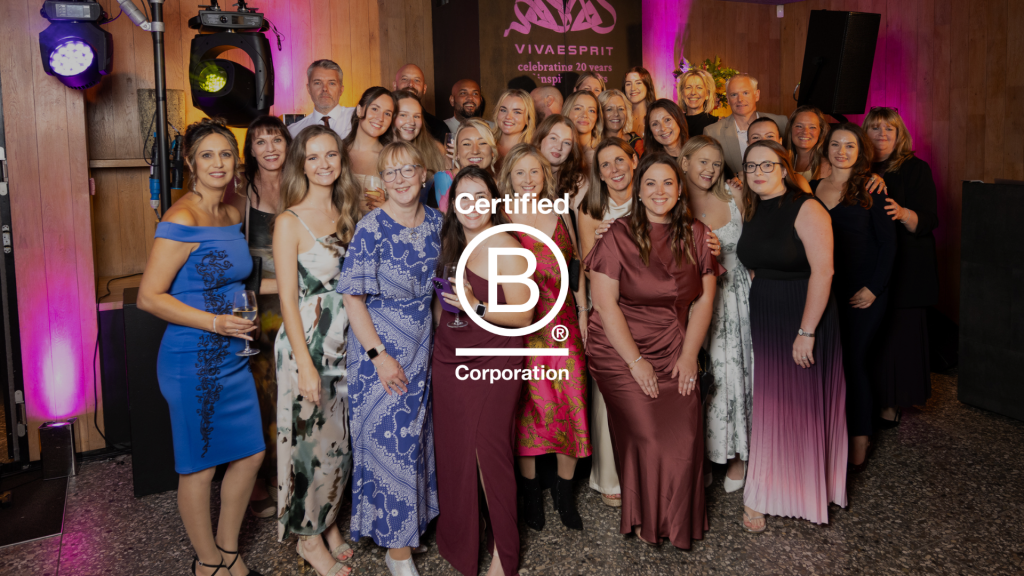We share our expert advice to help you know where to begin when delivering a corporate event to remember.
Conferences, trade shows, networking events, team building days – we’ve all been to them, and we know how valuable they are to a thriving business. But does the thought of planning a corporate event leave you feeling lost?
A lot goes on behind the scenes to organise workplace events, and if it’s your responsibility, it can be daunting. But as experienced event planners, we know it all begins with solid foundations. Take care of the essential building blocks, and everything will follow from there. So, what are these essentials?
Setting the event foundations
1. Event objective setting
Without understanding what you want to achieve, you can’t understand how to achieve it. So planning 101 – start with your objectives! Is your event for team building, a product launch, a celebration or a learning opportunity? Once you know what you want to achieve, set specific, measurable goals – (which could be ‘80% employee attendance’, or ‘200 leads’ or ‘90% satisfaction’ for example) and make every decision align to those objectives.
2. Budget Planning
Budgets can easily run away with themselves. A prop hire here, catering equipment hire there and before you know it, you’ve blown all of the funds. To prevent this, make a comprehensive budget that accounts for all of the known elements, and set aside a decent percentage of the budget for contingency.
3. Know your audience
It’s important to consider all those who will be attending – will there be employees, clients, prospective clients, the general public? They might have different needs, such as accessibility, or cultural factors to consider. So when you pull together your guest list, take note of any additional considerations and interests they may have.
5. Send out save the dates
One of the first touch points with your guests should be a save the date. You don’t need to have anything else organised, but if you want to maximise the potential for attendance, get the date in their diaries and ask for RSVPs. Don’t forget to ask for confirmation of additional attendees, such as spouses or children if they’re on the invite. You don’t want to under or over cater by overlooking that simple step.
5. Select your theme
Theme selection is one of the most fun aspects of planning an event, and it helps to form a really cohesive event by bringing all of the elements together. (If you’re struggling to come up with a relevant theme, read this blog and take our event theme personality quiz!) A theme should align with the event’s objectives, audience expectations and help to make the event feel really special.
6. Venue selection
A lot hinges on securing the right venue, and that means you have to get in as early as possible. When you’re selecting your venue, consider the necessary facilities, accommodation and travel and any restrictions that it may have (find out more in our venue selection blog here).
Building on the event foundations
Now you’ve laid the foundations of your event and you can get started with bringing together all of the elements ahead of the event. Some aspects you might want to consider include:
1. Marketing and promotion – whether it’s an internal event or an external event, you need to boost awareness in order to attract your guests. Think about the most appropriate ways to do this for your audience and plan a schedule of promotion running up to the event.
2. Catering – think about how to make it tasty, on budget, on theme and any sustainability or dietary requirements
3. Entertainment – consider how much of your budget you want to spend on entertainment, how to keep it on theme and when and where to schedule it
4. Logistics and on-site management – how are you going to ensure the smooth running of the event, from staging to post-event logistics? Who will be in charge and what other roles will you need to support its delivery?
5. Technology integration – do you need to integrate technology to support hybrid participation or engagement at your event? What do you need and who can provide it?
6. Contingency planning – consider what happens if it rains, or in the event of the venue suddenly becoming unavailable – think about alternative back up solutions and what you will do if disaster strikes.
If all of this sounds like a lot to manage, don’t worry. We’ve been producing corporate events for decades and have tried and tested approaches to deliver spectacular results. Get in touch and we’ll fill you in on how we can help you to build a corporate event you can be proud of.






